Will be connected Collagen brought with human connective tissue. In fact, connective tissue consists of different types of collagen, which are the most important element of connective tissue cells. Teeth, tendons, ligaments, bones, cartilage, blood vessels and the largest human organ - the skin - consist of a protein, collagen.
What is collagen
Collagen means "producing glue". This is because the collagen was originally used as a glue.
Collagen is a protein molecule, whereby collagens are a group of different types of protein. The longer protein chains represent an important element of the extracellular matrix, the tissue component between the cells. It consists of amino acids. The two amino acids proline and glycine are predominantly found in the collagen molecule.
Neither of them are essential, which means that they cannot be ingested through food, but can be made from substances in the body.
In addition, collagen has a proportion of amino acids with additional built-in groups - the hydroxyl groups. The hydroxyl groups enable stable cross-linking of the proteins and a collagen matrix is created.
Medical & health functions, tasks & meanings
Collagen As a significant fiber component of many body structures, it has to fulfill several tasks. So far, some types of collagen that differ in their molecular structure have been discovered.
If one speaks of general collagen, one usually means collagen I. The structural protein makes up over 25% of the total proportion of proteins in the human body. Ascorbic acid (vitamin C) is of enormous importance for the formation of collagen. Without vitamin C, the hydroxylations (the incorporation of hydroxyl groups) could not take place. It also ensures the regulation of the skin's nutrient balance. If there is enough collagen, the skin appears firm, healthy and young. This is also one of the reasons why human skin ages.
Over time, the proportion of collagen in the body steadily decreases, which results in skin aging, a loss of elasticity and a reduction in tensile strength. Wrinkles appear. Collagen serves as a moisture store for the skin, is responsible for its elasticity and ensures the renewal of skin cells. With the help of collagen, oxygen is absorbed by cells and carbon dioxide is excreted. To a certain extent, this gives the skin protection against harmful substances. The eye is also protected by the collagen-containing cornea.
In the human bones, which make up 50% of the total collagen content in the body, it ensures strength and elasticity at the same time. Through the correct interaction of the two complementary elements, the collagen offers the bone support and flexibility. It is therefore an important building material for bones, hair, fingernails and joints. Collagen makes cartilage more resistant to pressure, ligaments are made tear-resistant, and other organs and blood vessels are protected. It is all the more important to maintain a high concentration of collagen.
Illnesses, ailments & disorders
Collagen Because of its many functions and about 30% of the total weight of a person, it is an important building material of the human body. With a collagen deficiency, many pathological disorders, so-called collagenoses, can occur.
The diseases that can be traced back to changes in the connective tissue include rheumatic fever and chronic rheumatoid arthritis. Collagen-containing tissues, particularly the joints, the heart and the upper layers of the skin, show abnormal changes.
Due to possible changes in different areas, the symptoms are diverse and range from fatigue to joint pain and fever. If changes can be observed in the collagen-containing tissue of the blood vessels, it may be a question of the rare collagenosis "periarteritis nodosa".
Overall, the collagenoses are counted among the autoimmune diseases, as the immune system is directed against its own tissue structures. The most common types of collagenosis include rheumatic diseases such as rheumatoid arthritis, ankylosing spondylitis or various types of arteritis. These diseases are associated with inflammatory body processes and cause a wide variety of complaints.
More and more often, collagen in the form of collagen hydrolyzate is used as a dietary supplement or in cosmetics, which is supposed to give the connective tissue firmness and flexibility or the hair a better hair structure. It is also used in medicines in the form of gelatine.

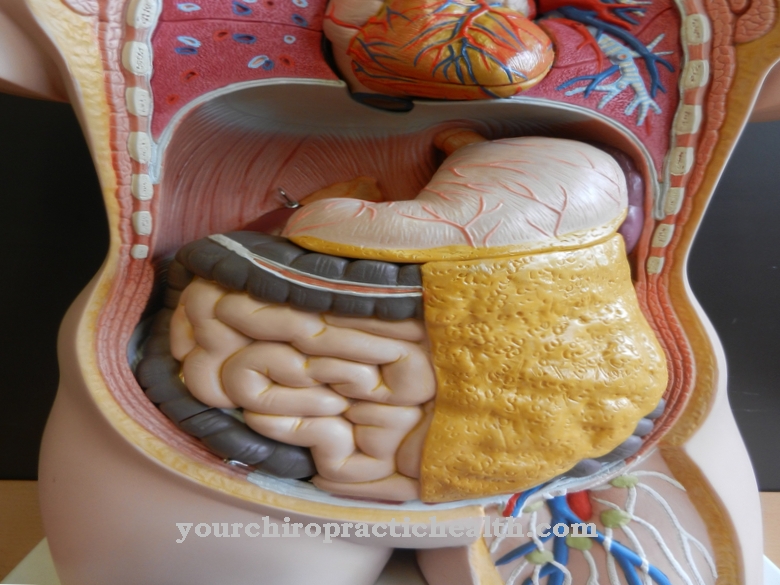
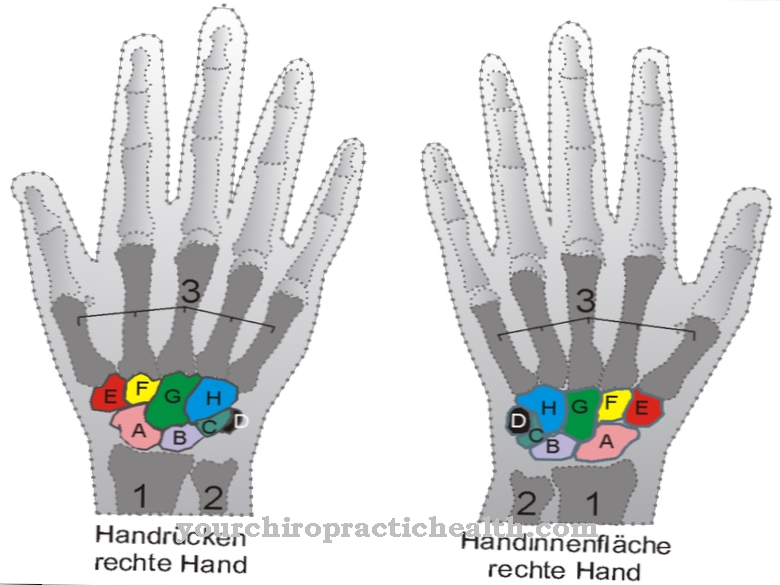
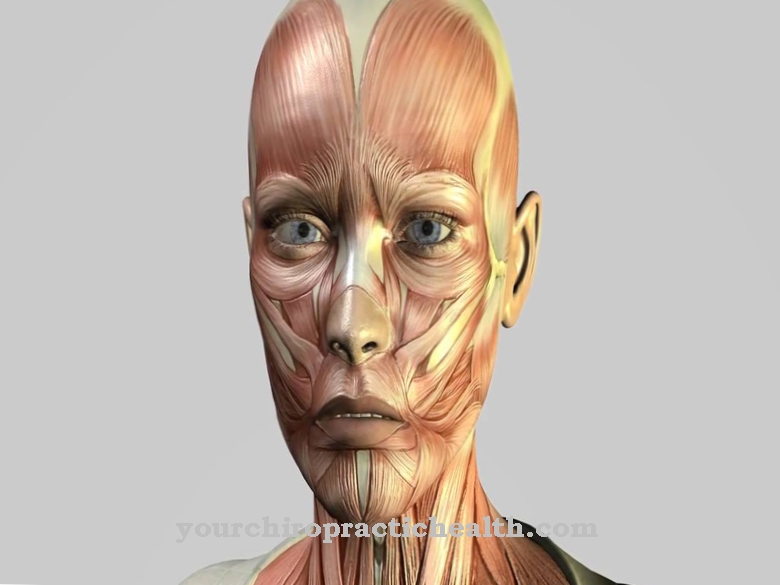
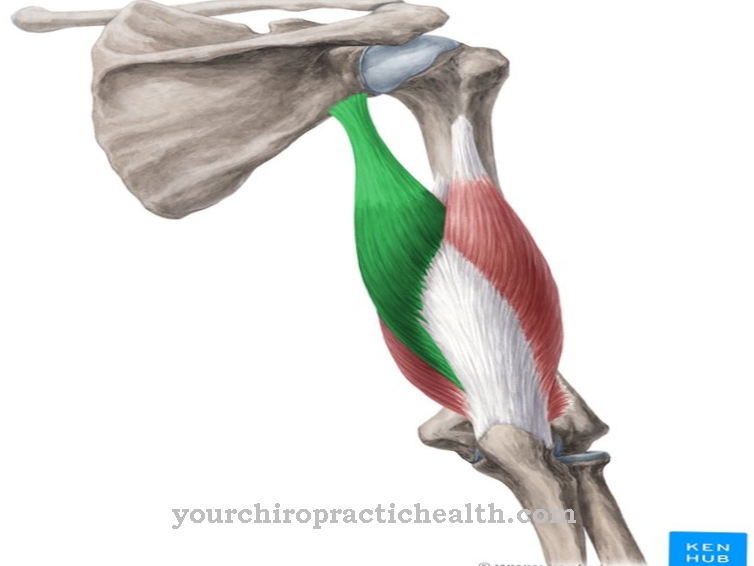
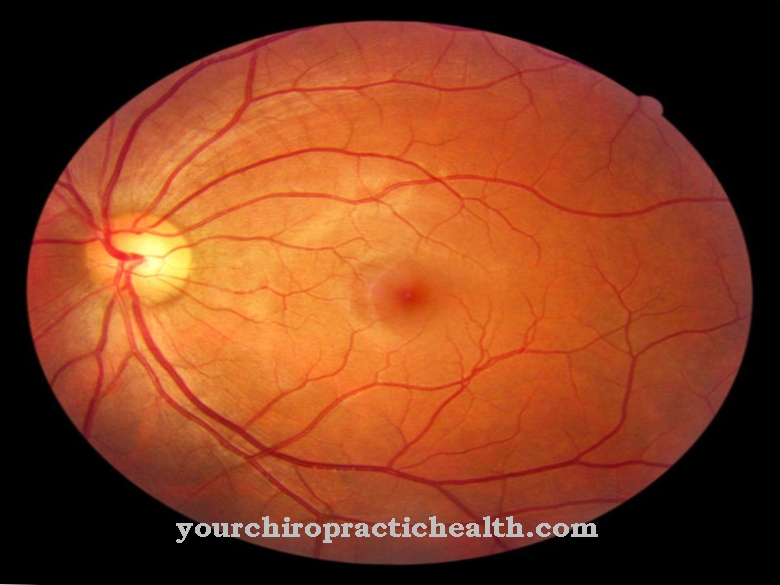
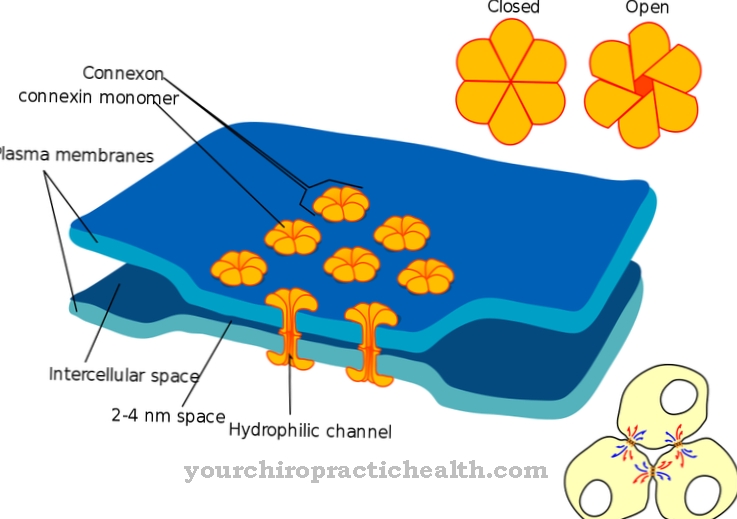






.jpg)

.jpg)
.jpg)











.jpg)